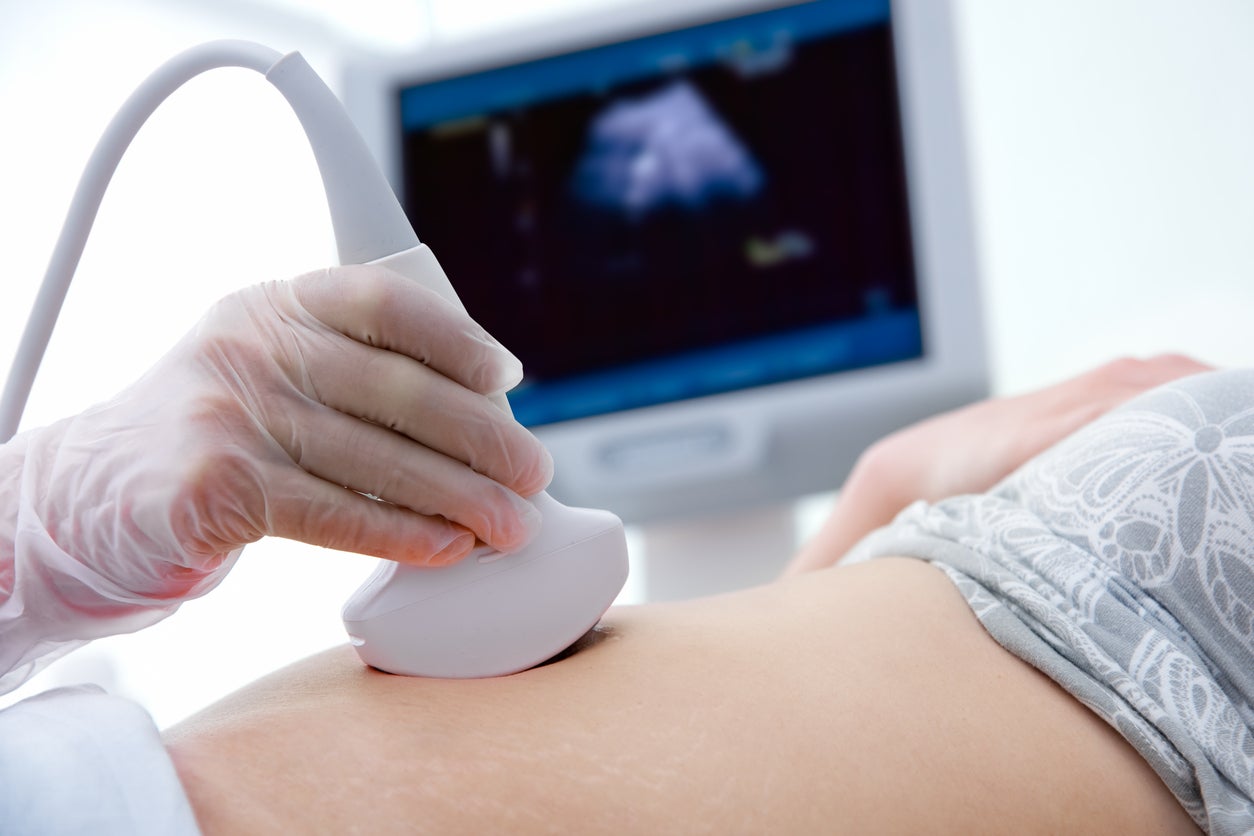Women taking lithium for bipolar disorder during pregnancy increase risk of birth defects by more than 50 per cent, suggests study
‘Major malformations’ more common in women taking lithium in first trimester of pregnancy, but risk is low overall

Your support helps us to tell the story
From reproductive rights to climate change to Big Tech, The Independent is on the ground when the story is developing. Whether it's investigating the financials of Elon Musk's pro-Trump PAC or producing our latest documentary, 'The A Word', which shines a light on the American women fighting for reproductive rights, we know how important it is to parse out the facts from the messaging.
At such a critical moment in US history, we need reporters on the ground. Your donation allows us to keep sending journalists to speak to both sides of the story.
The Independent is trusted by Americans across the entire political spectrum. And unlike many other quality news outlets, we choose not to lock Americans out of our reporting and analysis with paywalls. We believe quality journalism should be available to everyone, paid for by those who can afford it.
Your support makes all the difference.Women who are taking lithium for serious depression or bipolar disorder during the early stages of pregnancy are more than one and a half times as likely to have children born with serious birth defects, research suggests.
A major global analysis found 7.4 per cent of children exposed to the mood stabiliser in the first three months of pregnancy are born with “major malformations”.
This compares with around 4.3 per cent of births to mothers who were not taking lithium, the research, led by scientists in Denmark and the US as well as academics from Cardiff University and King’s College London, found.
Malformations include “neural tube defects”, such as spina bifida, which affect the formation of the brain and spinal cord, as well as heart conditions and issues affecting the proper development of the genitals and urethra.
Lithium is a common treatment for bipolar disorder, which affects 2 per cent of people. The authors say they hope their research can help these women to understand the risk to them and their unborn child.
A major study last year in The New England Journal of Medicine suggested the drugs may double the risk of children being born with serious congenital heart defects.
However, the latest study, published in The Lancet Psychiatry, did not find a significant increase in risk of major heart conditions and there remains a great deal of uncertainty about possible birth defect effects.
This compares to the established benefits of lithium in treating mental health conditions and the risks of stopping treatment.
The study’s senior author Professor Veerle Bergink of the Icahn School of Medicine at Mount Sinai in New York said lithium’s effectiveness at reducing the recurrence of bipolar symptoms during pregnancy was “well-documented”. Lowering the dose, or halting it to restart later in pregnancy or after birth, should therefore be a considered clinical decision.
“Women should be informed on malformation risk in first-trimester exposed infants, but also about very high relapse risks for mental illness both during pregnancy and during the postpartum period,” Professor Bergink added.
Women taking sodium valproate, a drug which prevents dangerous epileptic seizures but which is also implicated in serious birth defects, now have to agree to a “pregnancy prevention plan” to access a prescription in the UK.
For this study, the largest ever of the effects of lithium on birth defects, data from six countries – including the UK – of 2,200 pregnancies was used.
Of these there were 727 pregnancies where children had been exposed to lithium in utero as well as 21,397 pregnancies to mothers with a bipolar disorder who were not taking lithium.
There were 47 major malformations in the pregnancies exposed to lithium in the first trimester, compared to 856 in the group that did not receive lithium, an increase of 71 per cent.
Newborns exposed to lithium in pregnancy were nearly twice as likely to be readmitted to hospital within 28 days of birth as well.
There were 172 readmissions in the lithium-exposed group, or 27.5 per cent of pregnancies compared to 14.3 per cent which were not exposed to lithium.
By combining six major trials on lithium exposure run on similar lines, instead of multiple smaller studies the authors argue they can provide more robust data on birth defects. These results suggest that while risks of malformation are increased, they are smaller than in some previous studies.
“Lithium treatment decisions are key and need to be encouraged before conception,” the authors conclude. “In particular, first-trimester lithium use should be cautioned and decided upon on the basis of the available evidence.”
Join our commenting forum
Join thought-provoking conversations, follow other Independent readers and see their replies
Comments